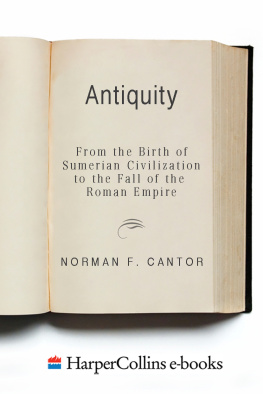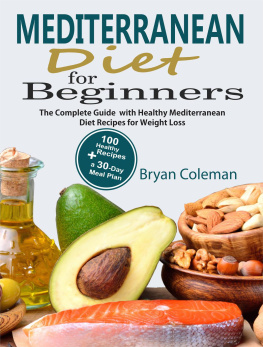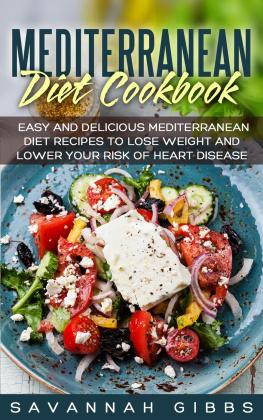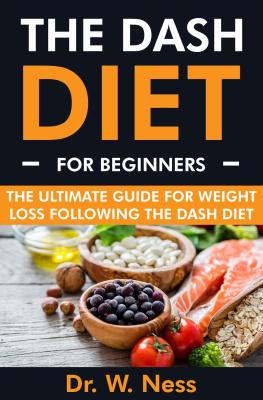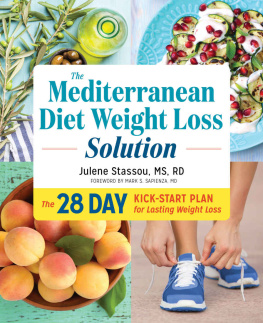Mediterranean Diet Cookbook
Simple and Quick Mediterranean Recipes Ready in less than 30 minutes - Beginner's Guide to Healthy Eating and weight loss to Keep in Shape with a 7-day Plan .
By
Michael Cantor
Copyright 2020 by Michael Cantor - All rights reserved.
This document is geared towards providing exact and reliable information in regards to the topic and issue covered. The publication is sold with the idea that the publisher is not required to render accounting, officially permitted, or otherwise, qualified services. If advice is necessary, legal or professional, a practiced individual in the profession should be ordered.
- From a Declaration of Principles which was accepted and approved equally by a Committee of the American Bar Association and a Committee of Publishers and Associations.
In no way is it legal to reproduce, duplicate, or transmit any part of this document in either electronic means or in printed format. Recording of this publication is strictly prohibited and any storage of this document is not allowed unless with written permission from the publisher. All rights reserved. The information provided herein is stated to be truthful and consistent, in that any liability, in terms of inattention or otherwise, by any usage or abuse of any policies, processes, or directions contained within is the solitary and utter responsibility of the recipient reader. Under no circumstances will any legal responsibility or blame be held against the publisher for any reparation, damages, or monetary loss due to the information herein, either directly or indirectly.
Respective authors own all copyrights not held by the publisher.
The information herein is offered for informational purposes solely, and is universal as so. The presentation of the information is without contract or any type of guarantee assurance.
The trademarks that are used are without any consent, and the publication of the trademark is without permission or backing by the trademark owner. All trademarks and brands within this book are for clarifying purposes only and are the owned by the owners themselves, not affiliated with this document.
Introduction
The Mediterranean diet is based on the lifestyle followed before globalization by the people of Southern Italy, Greece, and neighboring countries and the resulting rise of refined and fast food. By combining it with regular exercise and emphasis on social connections, such as eating relaxed meals with family and friends, you will enhance the claimed health benefits of the Mediterranean diet.
The Mediterranean diet is not exclusively plant-based but can be plant-based, which means consuming meat and animal products is not a staple of this diet. You can consume several plant-based protein sources, as well as a large variety of vegetables, tomatoes, whole grains, brown rice, and nuts. Use olive oil instead of fats such as butter or margarine, and may include a moderate amount of red wine if desired.
When you stick closely to the Mediterranean diet, you will lose weight. That can happen for a few reasons. You'll eat high-fiber foods in this diet, avoid processed foods and refined sugars, and replace saturated fats with healthy fats, such as olive oil.
The Mediterranean diet is widely considered one of the healthiest ways to eat and is popular among nutritionists, physicians, and food lovers alike. The variety of options in a Mediterranean diet list are available which includes vegetables, fruits, whole grains, and olive oil makes adherence to certain diets fairly simple compared.
It can be good for the people to follow a Mediterranean diet meal plan, it help weight loss efforts, and support a healthy and happy lifestyle.
Advice on beginning a Mediterranean Diet swap butter and margarine out for more organic olive oil.
Increase your vegetable intake, adding a few more servings each meal to your plate. Replace refined grains with whole or old, alternative grains. Wheat is commonly genetically engineered and has gluten in it.
Animal protein no need to be consumed, Select a few of your favorite protein sources based on plants, such as seeds, nuts, and beans. If you need to eat meat, do it occasionally and stick to humanly raised, lean organic animals.
Eat a handful of raw nuts, like almonds, cashews, walnuts, or pistachios, for snacks. Have a glass of fresh fruit to satisfy your sweet. Have more sit-down meals with friends and relatives, in the Mediterranean style.
Do not eat while using your cell phone or in front of your computer or TV.
Food to avoid
Processed red meat & Carnivores Sugar added refined seeds Trans fats
Scientists have been intrigued by the Mediterranean diet since the late 1950s, which marked the onset of the 15-year seven Countries Study. This study, and others, documented the health benefits of following a Mediterranean diet. In addition to helping with weight loss, the adoption of a Mediterranean diet can also prevent heart disease and promote good health over the long term, among many added benefits.
Chapter 1: Introduction to the Mediterranean Diet
If you think of Mediterranean cuisine, your mind may go to Italian pizza and pasta, or Greek lamb chops, but these dishes do not match in with the balanced diet plans marketed as Mediterranean. An actual Mediterranean diet is based on the regions traditional fruits, vegetables, beans, nuts, fish, olive oil, and dairy with maybe a glass of red wine or two. That is how the inhabitants of Greece and southern Italy ate in 1960, when their chronic disease rates were lowest in the world and their life expectancy among the highest, despite having inadequate medical care.
And the true Mediterranean diet is more than just consuming healthy, wholesome food. Everyday physical activity and meal preparation are essential components of the Mediterranean Diet Pyramid. Altogether, they can have a profound effect on your mood and mental health and help you grow a deep appreciation for the pleasures of consuming nutritious and delicious foods.
It has been proven that Mediterranean diet aids in weight loss and heart health.
The diet stresses eating foods such as vegetables, whole grains, and legumes.
Like certain other diets, there are few foods people are not required to consume following the Mediterranean diet.
Within the Mediterranean diet, items to avoid red meat added sugar and refined grains.
1.1: What is the Mediterranean Diet?
You have heard about the Mediterranean deit, but do you really understand the science behind that diet? The Mediterranean diet is widely accepted by top medical practitioners and experts, full of diverse plant-based foods, healthy fats, whole grains, and yes the occasional glass of red wine. This age-old eating habit is profoundly rooted in Mediterranean coastal cuisines such as Greece, Spain, Italy, France, and Northern Africa.
In the United States, physicians and medical practitioners are increasingly promoting a Mediterranean diet program, as research shows its many benefits to health. The link between the Mediterranean diet and cardiovascular health was made strikingly clear by a groundbreaking 2013 study by the University of Barcelona. For nearly five years, over 7,000 Spanish participants many of whom were overweight, smokers, or diabetics adopted a Mediterranean-style diet rich in healthy fats (olive oil or nuts). After extensive follow-up, surprised researchers concluded the study early after observing a sharp improvement in the health of the participants. The findings showed an absolute reduction in risk, or a 30 percent reduction in cardiovascular disease among these high-risk people. The findings, published in the New England Journal of Medicine, made headlines around the US as evidence enough that anyone would benefit from consuming Mediterranean diet foods, from high-risk to stable individuals.


